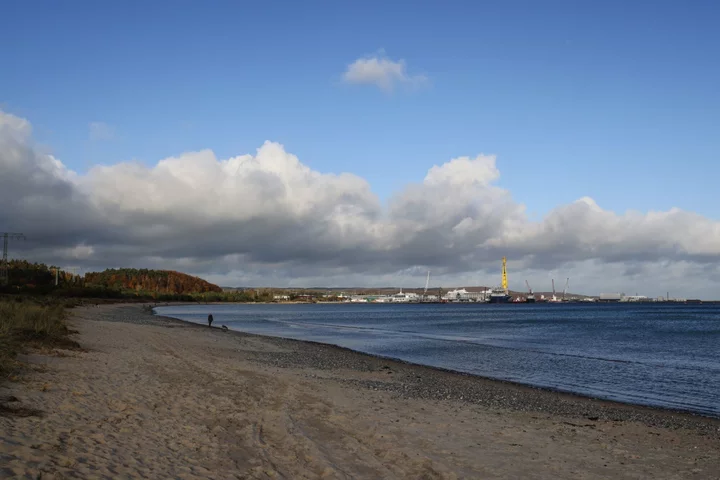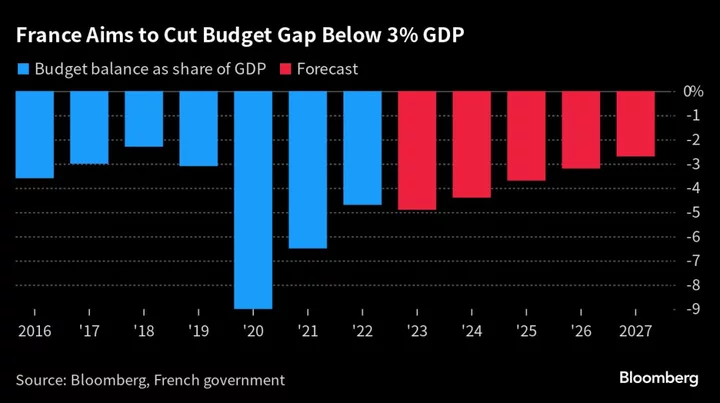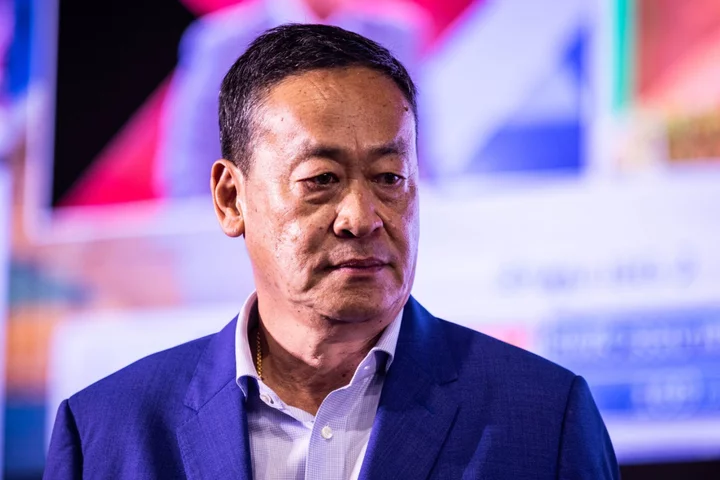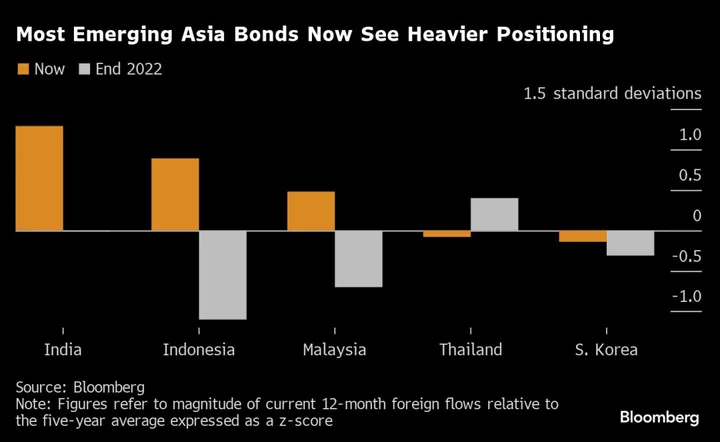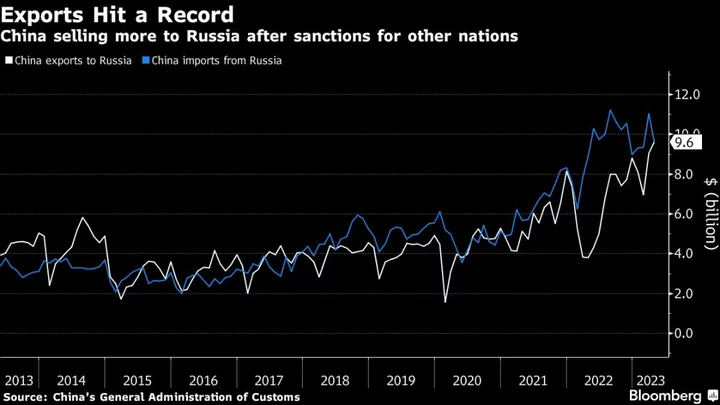RWE AG is drawing up plans to pull out of a controversial liquefied natural gas project on the Baltic Sea island of Ruegen deterred by political rows including about the location of the project.
The utility had been lined up to build the floating terminal and at the end of last month RWE said talks were still ongoing with the government. But a lack of agreement between local and federal officials who are stalling on key decisions about the facility is causing RWE to consider exiting the project, according to people familiar with the matter who asked not to be identified as the matter is private.
Germany has embraced LNG as way to fill the energy gap after Russia cut pipeline supplies in the wake of its invasion of Ukraine. Three floating terminals are already operational with six potentially in place by the end of this year and plans underway for a seventh. There are concerns among some lobby groups that the nation is building too many terminals, wasting money and locking in fossil fuels for longer.
The Ruegen terminal is well placed to make use of the now-defunct Nord Stream gas pipeline network but has drawn criticism from locals and environmentalists. Last month Chancellor Olaf Scholz and Economy Minister Robert Habeck met with protesters but still intend to move ahead with the project.
Progress is stalled with the government scrapping earlier plans at the tourist destination of Sellin, and now considering the industrial harbor of Mukran.
If RWE pulls out, the government will look for another developer to step in to get the site operational next winter, according to a person familiar with the matter.
A decision will be made soon on the location of the facility and about the companies involved, an economy ministry spokesperson said.
RWE, among other German utilities, is obliged to bring in LNG to floating facilities in Brunsbuettel and Wilhelmshaven as part of a deal with the government agreed last year. The utility already operates one of these state-backed floating terminals near Hamburg.
RWE has distanced itself from becoming a key player saying it doesn’t intend to operate the facilities in the long term. “There is no new status on this,” said an RWE spokesperson.
“We are only involved in the project as a service provider for the German government and help where we can and are needed,” a company spokesperson said. “We do not intend to operate LNG infrastructure on a permanent basis and that we expect to hand over these activities to other players in the foreseeable future.”
Author: Anna Shiryaevskaya, Josefine Fokuhl and Petra Sorge

